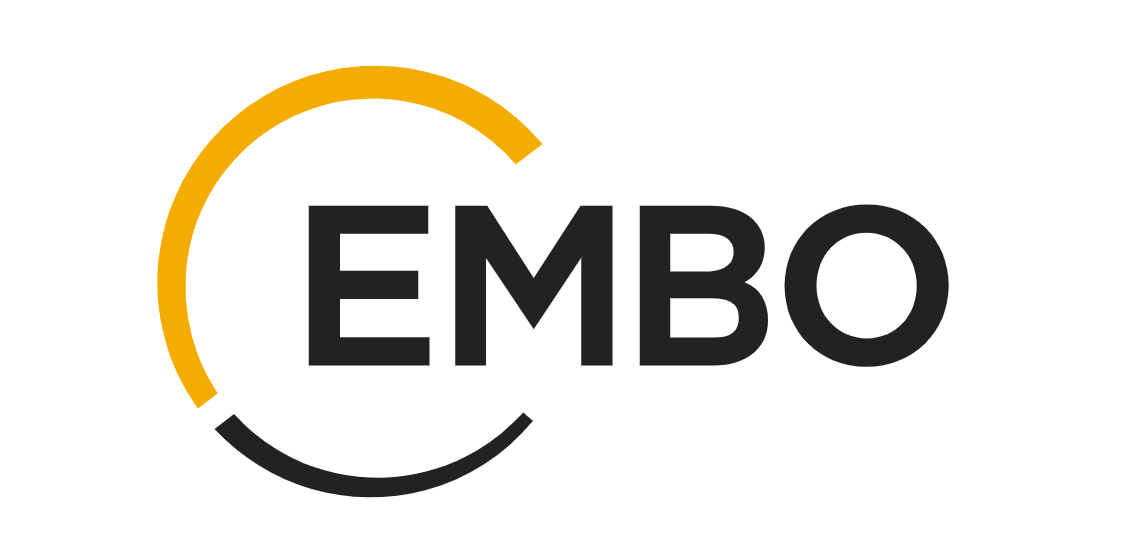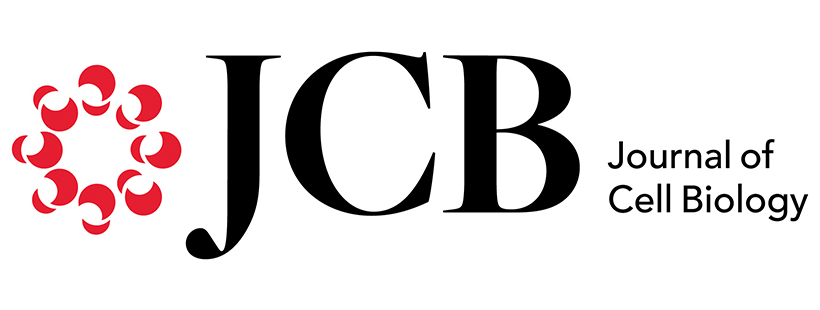- Home
- Past Conferences
- 4th Bacterial Cell Biology Conference
4th Bacterial Cell Biology Conference
#Bacterialcell23
12 Feb - 15 Feb 2023
Cancun, Mexico
-
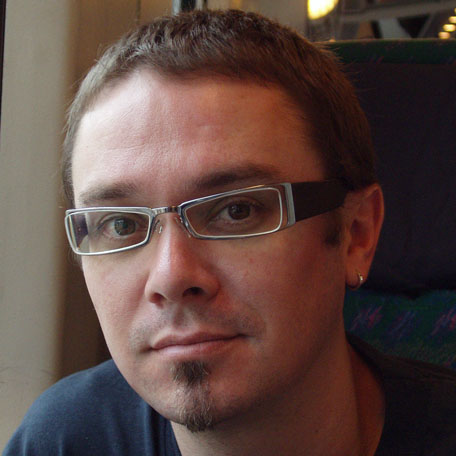
Heath Murray
Newcastle University
-
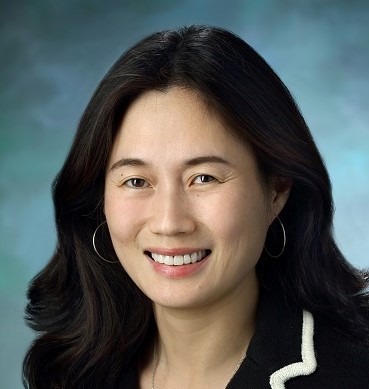
Jie Xiao
Johns Hopkins School of Medicine
Early Bird - Expired • Talk Submission - Expired • Poster Submission - Expired • Registration & Payment Deadline - Expired
Synopsis
If you are interested in this meeting but not yet ready to register, you can sign up for updates here and our team will keep you updated regarding deadline reminders and grant opportunities relating to this meeting only.
This will be the 4th Conference on Bacterial Cell Biology. In the last two decades there has been an explosion of interest in fundamental aspects of bacterial structure and function, based on advances in fluorescence and cryo-EM imaging. Quantitative and automated methods have brought about radical changes in the breadth and depth of questions that could be explored, while genome sequencing and genetic methods such as CRISPR-Cas9 and Tn-Seq have greatly expanded the range of organisms that can be studied incisively, enabling comparative studies of processes such as growth, morphogenesis and division, across diverse bacterial phyla. Many of these bacterial cell biology systems are being successfully reconstituted using purified components, leading to the discovery of molecular mechanisms underpinning cellular functions. The conference will bring together presentations illustrating the application of advanced cell and molecular biology methods to a wide range of basic functions in bacterial cells. Advances in understanding of the fundamentals of bacterial structure and function also create opportunities for the development of novel approaches to kill or modulate the growth and behaviour of bacterial cells.
Key Sessions
- Spatial Organization of Cellular Structures
- Advances in Nanoimaging
- Genome Organization and Transcription
- Genome Processes
- Cell Division Dynamics
- Cell Wall Construction and Destruction
- Cell Growth and Cell Cycle
- Cell Shape and Morphogenesis
Early Career Researcher Bursary
Due to the generous pledges from our invited speakers and sponsors, the conference chairs have setup an ECR bursary. At least 20x $800 registration discounts have been set aside for early career researchers (ECR’s defined as graduate students & postdocs), and scientists from underrepresented minority backgrounds (URMs). Interested parties should email an oral/poster abstract submission to Conference Manager Jack Peters. The conference chairs will be reviewing the submissions on an ad hoc basis.
Please click here to apply.
*cannot be used in conjunction with 'student offer'
Student & Postdoc Offer
Take advantage of this fantastic opportunity for students and postdocs! Fully paying academics can bring a student or junior postdoc for only $890. Both registration packages include; accommodation for the 12, 13, 14 February 2023 (on a shared basis for students/postdocs) and a 24hour all-inclusive food and beverage package for the conference period. Once registered, please contact Jack Peters to obtain a special registration link for your student or junior postdoc.
Confirmed Invited Speakers
Anjana Badrinarayanan (NCBS)
PRESERVING THE BACTERIAL GENOME: DIVERSE MECHANISMS, UNIFYING FUNCTION
Melanie Blokesch (EPFL) *The EMBO Keynote Lecture*
MOLECULAR SECRETS OF PANDEMIC VIBRIO CHOLERAE
Pamela Brown (University of Missouri)
ChvG-ChvI FUNCTIONS AS AN ENVELOPE STRESS RESPONSE SYSTEM IN A. TUMEFACIENS
Eli Cohen (Imperial College London)
CAMPYLOBACTER JEJUNI EVOLVED AN EXTRA-LARGE BASAL DISK TO ESCAPE STICKY SITUATIONS
Jeff Errington (The University of Sydney)
WHY CELLS DIE WHEN PEPTIDOGLYCAN SYNTHESIS IS PERTURBED
Ethan Garner (Harvard University)
PROBING THE UNDERLYING MECHANISMS AND FORCES THAT DRIVE CELL DIVISION
Stephan Gruber (UNIL-Sorge District)
SMC COMPLEXES: FROM ORGANIZING CHROMOSOMES TO RESTRICTING PLASMIDS AND BACK AGAIN
Christine Jacobs-Wagner (Stanford University/HHMI)
GOVERNING PRINCIPLES OF BACTERIAL CELL CYCLE REGULATION THROUGH CELL AND NUCLEOID SIZE SENSING
Grant Jensen (Brigham Young University)
Sangjin Kim (University of Illinois at Urbana-Champaign)
BACTERIAL CELL BIOLOGY OF mRNA DEGRADATION
Tung Le (John Innes Centre)
MULTITUDES OF CTP-BINDING DOMAIN: BACTERIAL CHROMOSOME SEGREGATION, CELL DIVISION, AND GENE EXPRESSION REGULATION
Petra Levin (Washington University)
THE ENVIRONMENT AND THE SINGLE-CELL: INTRINSIC ANTIBIOTIC RESISTANCE IN THE ENTEROBACTERACEAE
Martin Loose (Institute of Science and Technology Austria) *The EMBO Junior Young Investigator Lecture*
IN VITRO RECONSTITUTION OF ESCHERICHIA COLI DIVISOME ACTIVATION
Harry Low (Imperial College London)
Jan Löwe (MRC Laboratory of Molecular Biology)
DIVISOME CORE COMPLEX IN BACTERIAL CELL DIVISION REVEALED BY cryo-EM
Houra Merrikh (Vanderbilt University)
INHIBITING THE EVOLUTION OF ANTIBIOTIC RESISTANCE
Kiyoshi Mizuuchi (NIDDK)
CELL DIVISION CONTROL BY MinD/E OSCILLATION: MEMBRANE-BOUND D/E COMPLEX SPECIES SWITCH, BASED ON THE MEMBRANE-BOUND TWO PROTEIN RATIO, BETWEEN ATPase ACTIVATING AND NON-ACTIVATING TYPES TOGGLED BY TWO FEEDBACK LOOP MECHANISMS
Cecile Morlot (Institut de Biologie Structurale)
CLICK AND COLLECT AT HIGH RESOLUTION TO REVEAL SECRETS OF CELL WALL SYNTHESIS
Mariana Pinho (ITQB)
A NEW MECHANISM FOR COORDINATION OF BACTERIAL CHROMOSOME SEGREGATION AND DAUGHTER CELL SEPARATION
Kumaran Ramamurthi (NIH)
DEVELOPMENTAL CHECKPOINTS THAT MEDIATE BACTERIAL CELL SURFACE MORPHOGENESIS
Rodrigo Reyes (McGill University)
MOLECULAR CIRCUS: HOW THE REPLISOME COUPLES UNWINDING AND SYNTHESIS WHILE JUGGLING DNA POLYMERASES
Nina Salama (Fred Hutchinson Cancer Research Center)
Henrik Strahl (Newcastle University)
LYSIS-INDEPENDENT KILLING BY CELL WALL-TARGETING ANTIBIOTICS
Sven van Teeffelen (Université de Montréal)
DETERMINANTS OF RATE OF CELL-ENVELOPE GROWTH IN ROD-SHAPED BACTERIA
Elitza Tocheva (University of British Columbia)
CELL ENVELOPE DIVERSITY IN EARLY BRANCHING PHYLA
Xindan Wang (Indiana University)
ORGANIZATION AND MAINTENANCE OF THE MULTIPARTITE GENOME IN AGROBACTERIUM TUMEFACIENS
Target Audience
The conference will attract the major players in the bacterial cell biology field, of which there are probably 50 or so significant groups worldwide. It will also attract many microbiologists with a general interest in microbial cell function who would badge themselves as molecular biologists or microbial biochemists. Talks will cover a wide range of topics and PhDs, post-docs and group leaders will all benefit by being brought up to date with developments across the discipline.
Educational Need
Bacterial cell biology underpins important applied research areas such as infectious disease, antimicrobial discovery and development, and synthetic biology, but it is rarely taught as a discipline in its own right, especially with the decline of offered degrees in microbiology. The modern discipline, which has emerged in the last 20 or so years, covers a wide range of technical methods and can be highly quantitative, encompassing a diversity of organisms and mechanistic problems. The conference presentations will collectively provide a comprehensive grounding in all major facets of the field, bringing new participants to field at all levels (pre- and post-doctoral, as well as group leaders switching fields).
Confirmed Speakers
Chairs

Heath Murray
Newcastle University

Jie Xiao
Johns Hopkins School of Medicine
Invited Speakers
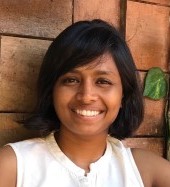
Anjana Badrinarayanan
NCBS
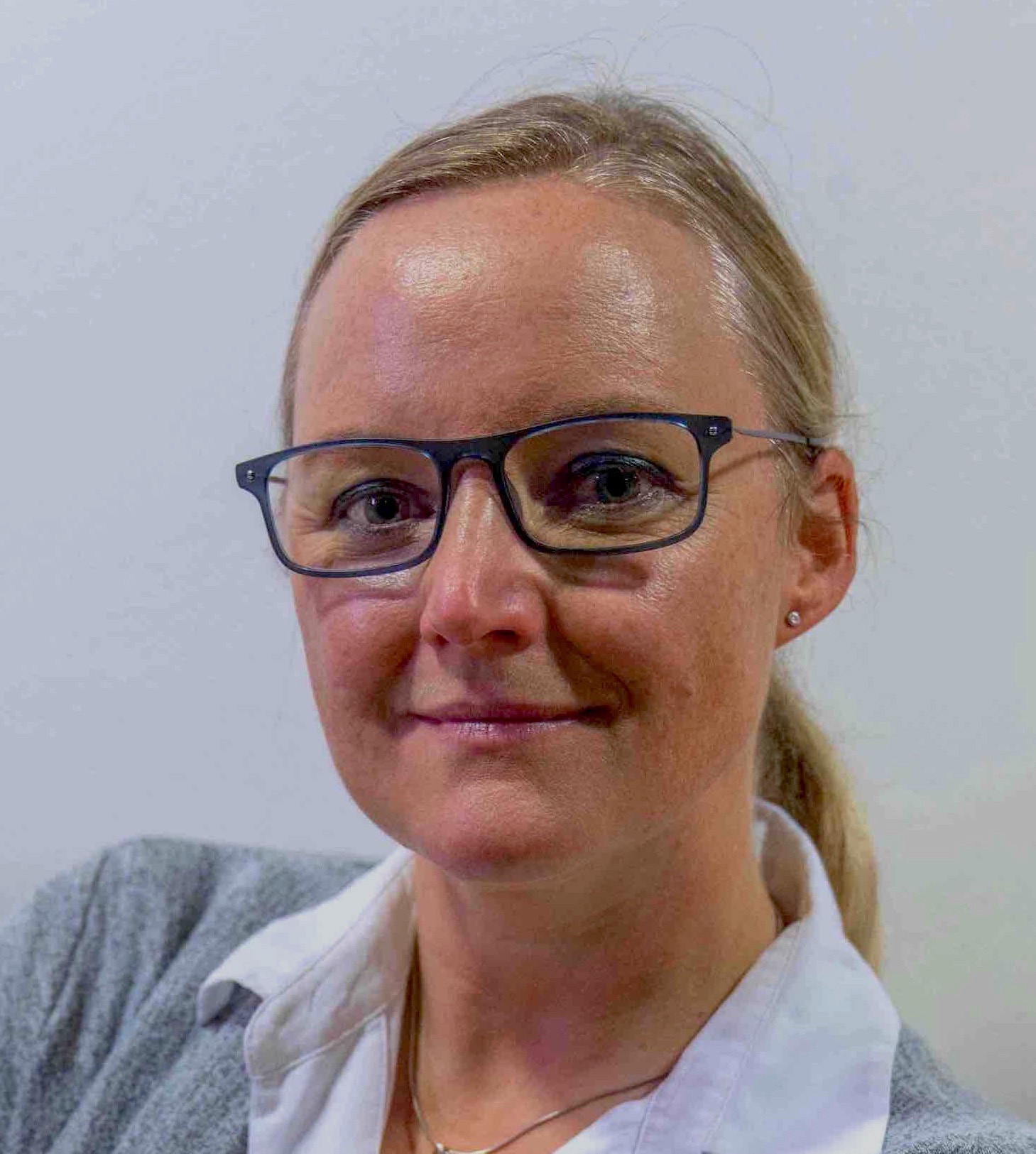
Melanie Blokesch
EPFL *The EMBO Keynote Lecture*
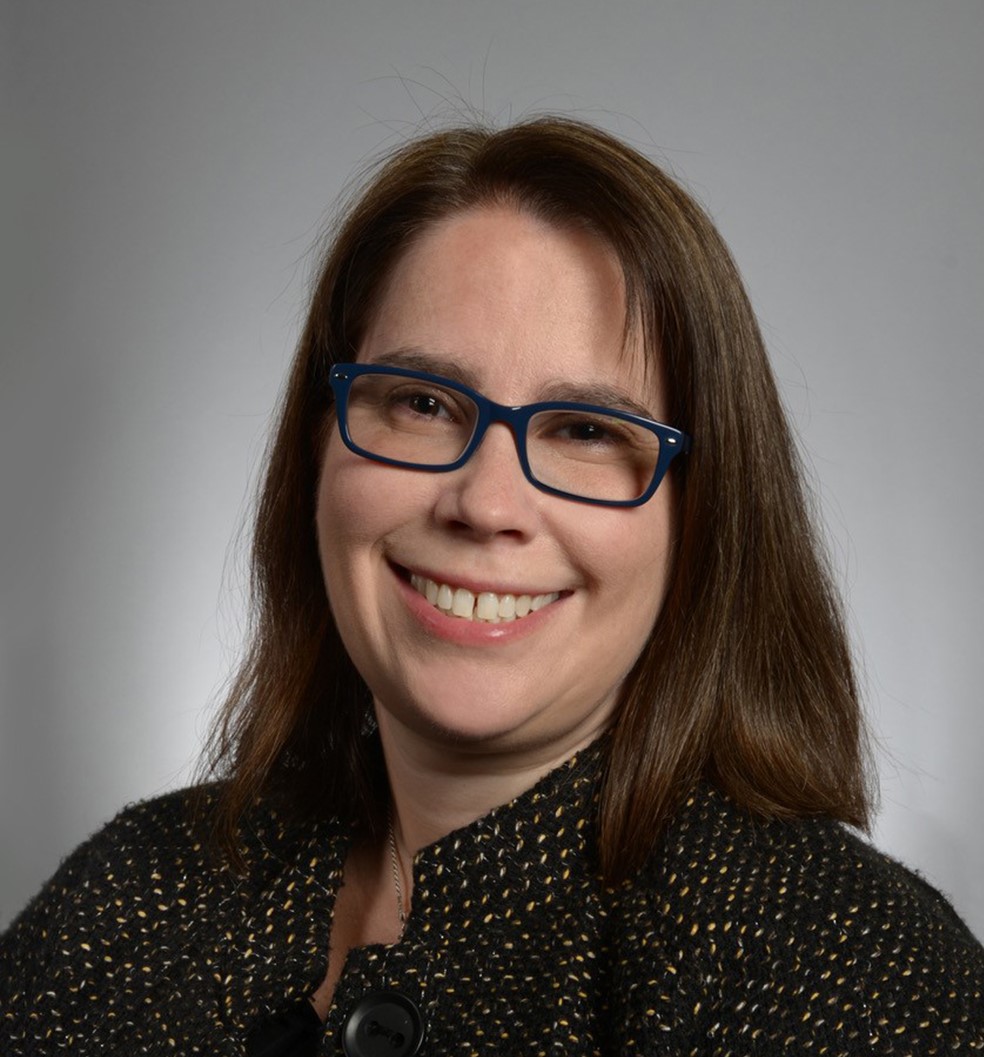
Pamela Brown
University of Missouri

Eli Cohen
Imperial College London
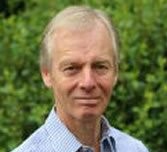
Jeff Errington
The University of Sydney
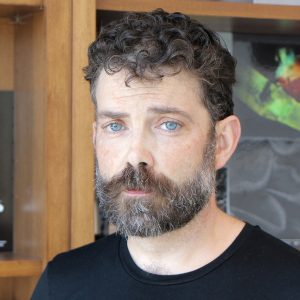
Ethan Garner
Harvard University
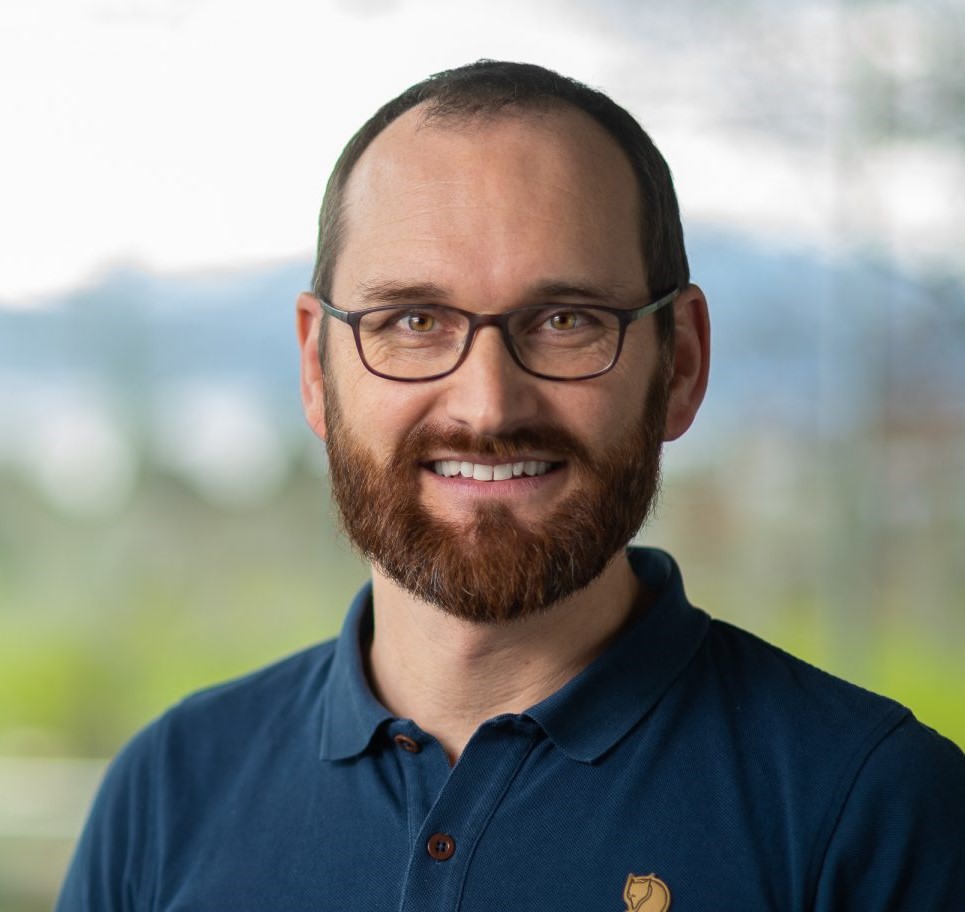
Stephan Gruber
UNIL-Sorge District
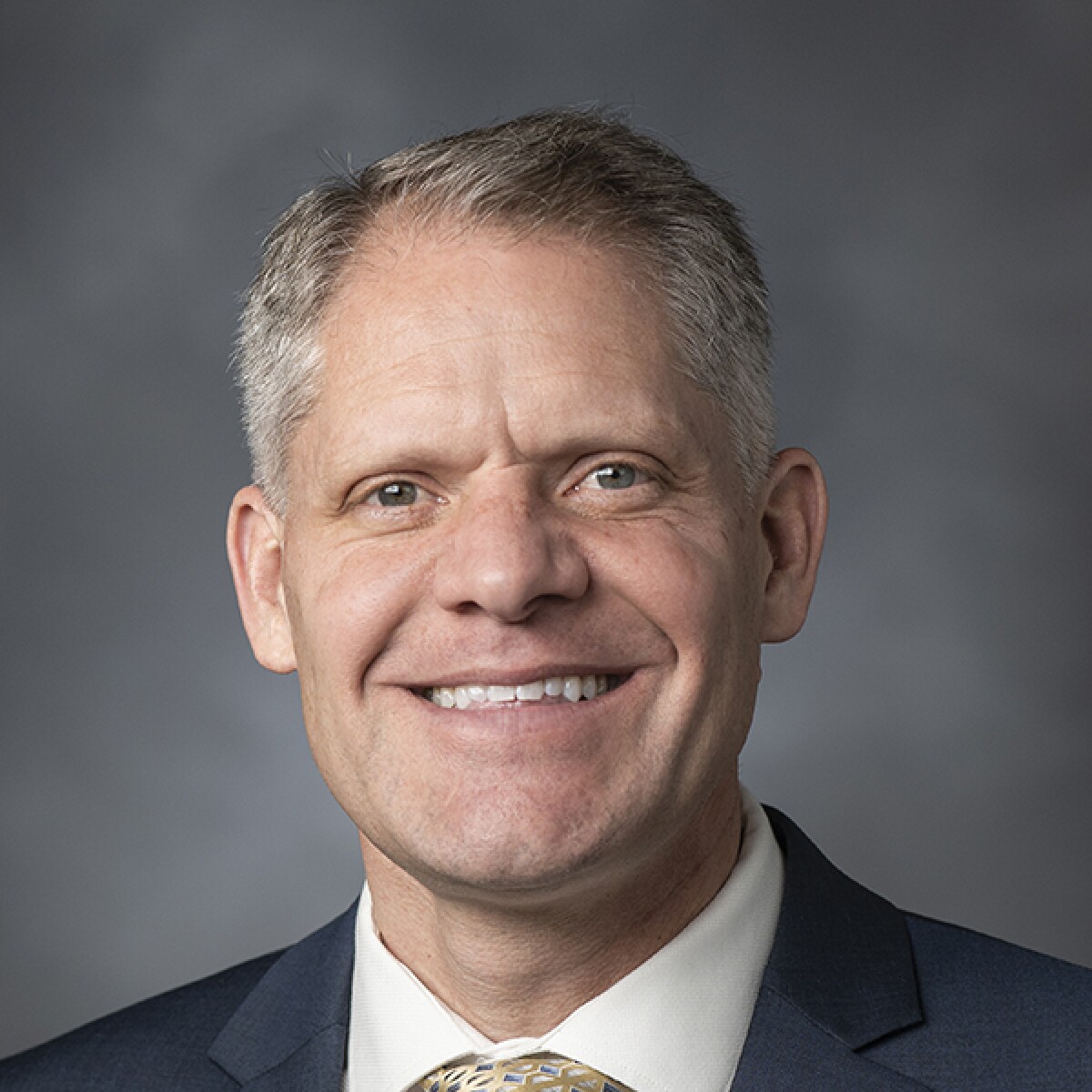
Grant Jensen
Brigham Young University
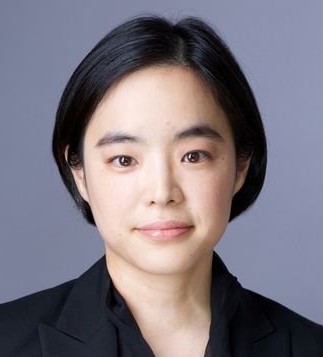
Sangjin Kim
University of Illinois at Urbana-Champaign
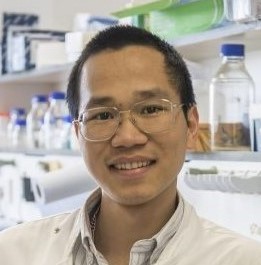
Tung Le
John Innes Centre
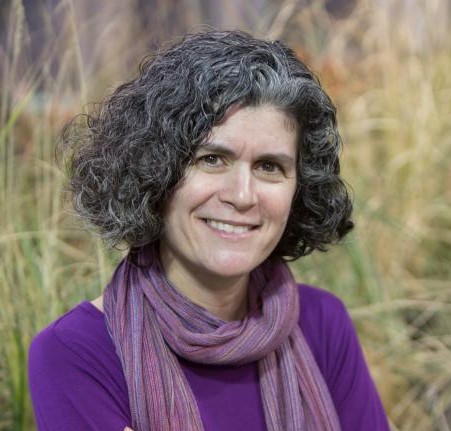
Petra Levin
Washington University

Martin Loose
Institute of Science and Technology Austria *The EMBO Junior Young Investigator Lecture*
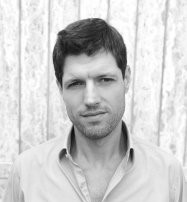
Harry Low
Imperial College London
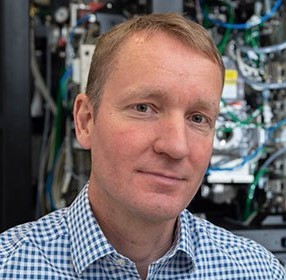
Jan Löwe
MRC Laboratory of Molecular Biology
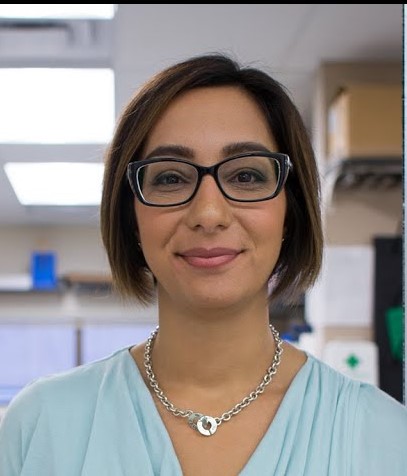
Houra Merrikh
Vanderbilt University

Kiyoshi Mizuuchi
NIDDK
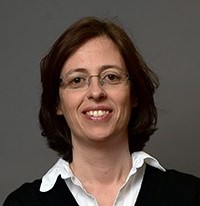
Mariana Pinho
ITQB
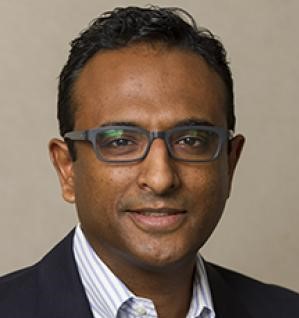
Kumaran Ramamurthi
NIH
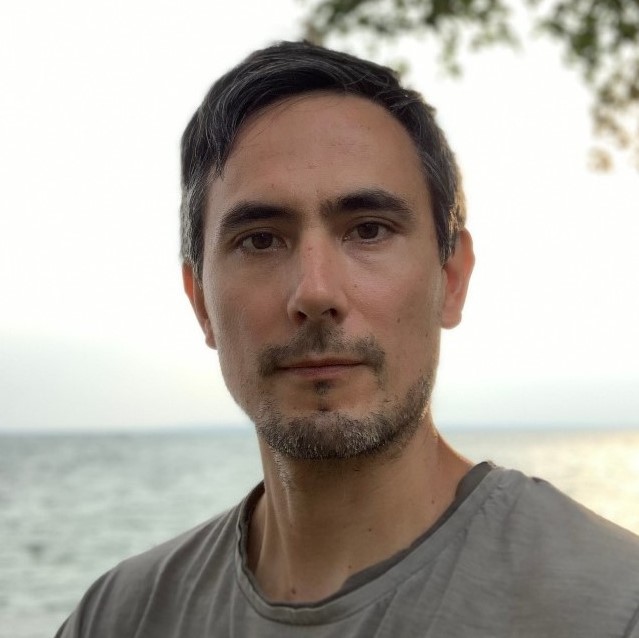
Rodrigo Reyes
McGill University
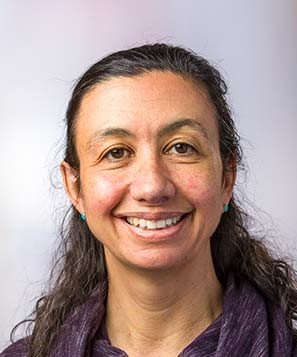
Nina Salama
Fred Hutchinson Cancer Research Center

Henrik Strahl
Newcastle University
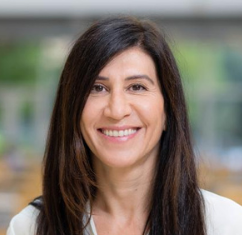
Elitza Tocheva
University of British Columbia
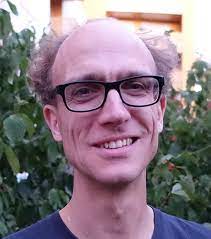
Sven van Teeffelen
Université de Montréal
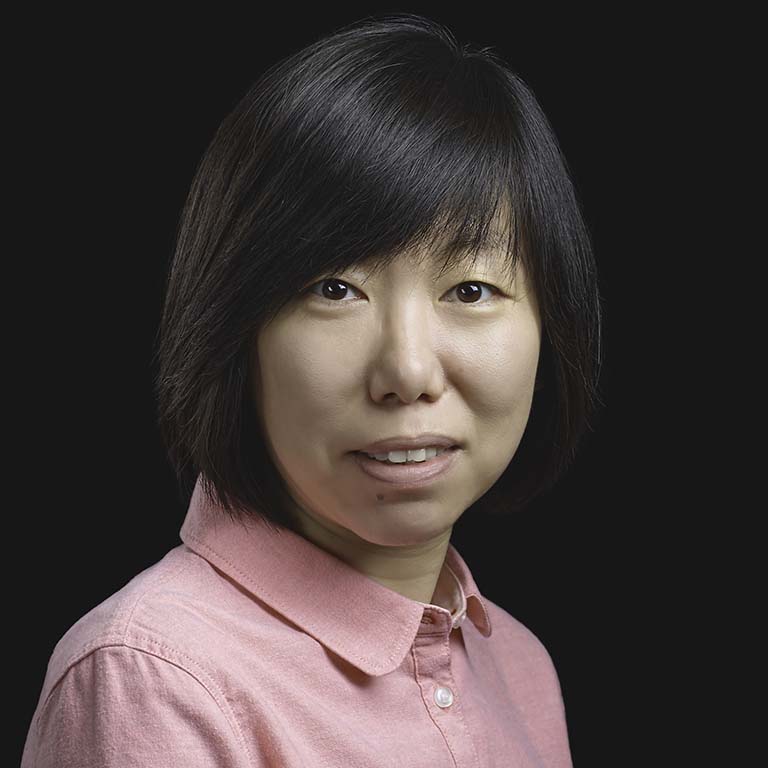
Xindan Wang
Indiana University
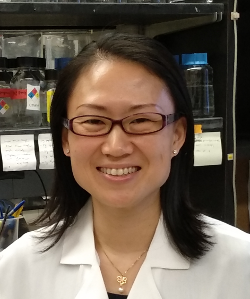
Wenqi Yu
University of South Florida
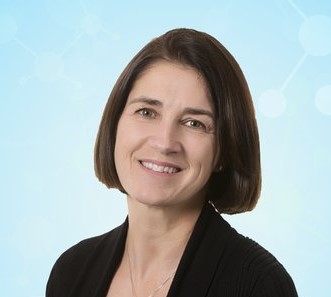
Christine Jacobs-Wagner
Stanford University/HHMI
Programme
Please note, although the below is the most up to date version of the conference programme, it is still subject to change. A final version of the programme will be circulated to all participants in the weeks before the conference.
Supported by
Venue & Location
Fiesta Americana Condesa Cancun All Inclusive
This stylish hotel features contemporary Mexican architecture, including one of the largest and most impressive thatched-roof "palapas" in the entire country. There are cultural activities, arts and crafts and sports programs to keep you constantly entertained, plus time to relax and enjoy the Mayan culture, soak up the Caribbean sunshine and revel in the international ambiance that settles in after the sun goes down.
Throughout your stay delegates will enjoy a full meal plan, inclusive of beverages. Take your pick from the aromatic Asian delights at Kaumbu, traditional fare at El Mexicano, delicious international cuisine at Kalmia Buffet or perhaps sample the sumptuous Italian dishes at Rosato. There are also several other dining opportunities such as the Cevichería, Pizzeria, Sushi Corner, pool and lounge bar areas. The Gala Night with either a Mayan or Caribbean theme takes place on the third evening of the conference with a mouth-watering feast of local cuisine, an open bar and amazing local entertainment. We welcome all delegates and their accompanying persons to the Gala Night – a truly fun filled night not to be missed!
Hotel Facilities
Lagoon Pool
Extensive Health Club and Spa
Complimentary Wi-Fi in guest rooms and throughout hotel and conference areas
General Information
Venue Rating
★ ★ ★ ★ ★
Currency
US Dollar (USD)
Address
Fiesta Americana Condesa Cancún All Inclusive Blvd. Kukulcan km 16.5 Zona Hotelera 77500 Cancun Q.R. Mexico
Nearest Airport
Cancun International Airport
Location
Cancun is a delightful combination of natural beauty, islands, ecological reserves and white sandy beaches. However, besides sun, sand and sea, this destination also offers an infinite variety of underwater activities to choose from: the diving, snorkelling and fishing here are outstanding and you will find an undersea world packed with tropical fish that live on the second largest barrier reef in the world. Sports enthusiasts might choose one of the many eco-tourism activities, such as cycling or hiking through the tropical forest or kayaking through mangroves, or something a little more adventuresome, like zip lining through the treetops.
Apart from the more well-known ancient Mayan archealogical sites such as Tulum, Cobá and Chichén Itzá you may like to visit the Aktun Chen caverns, voted one of the Top 10 underwater walks by National Geographic described as a truly magical experience.
If you are interested in this meeting but not yet ready to register, you can sign up for updates here and our team will keep you updated regarding deadline reminders and grant opportunities relating to this meeting only.
If you're interested in sponsoring this conference please contact us.
Conference Manager
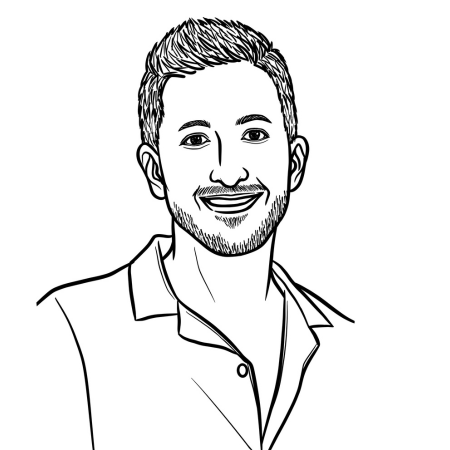
Jack Peters
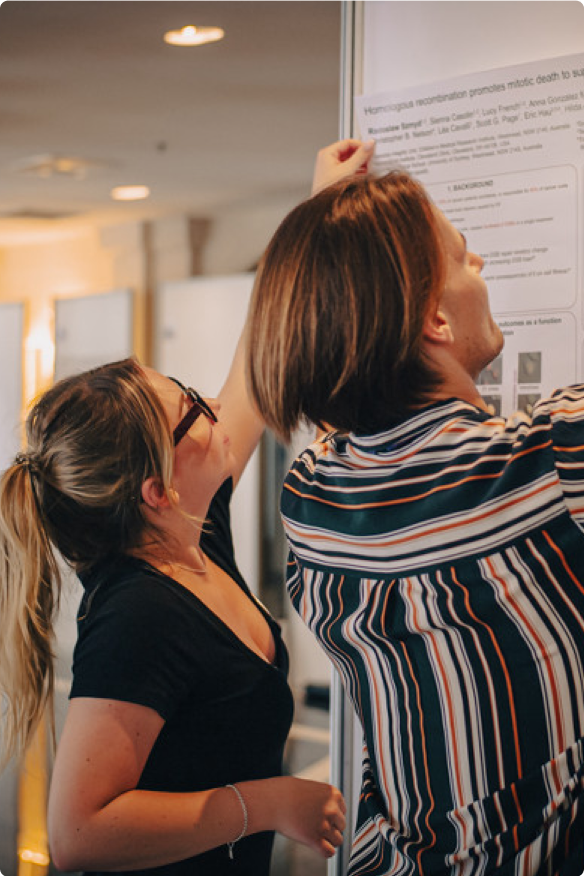
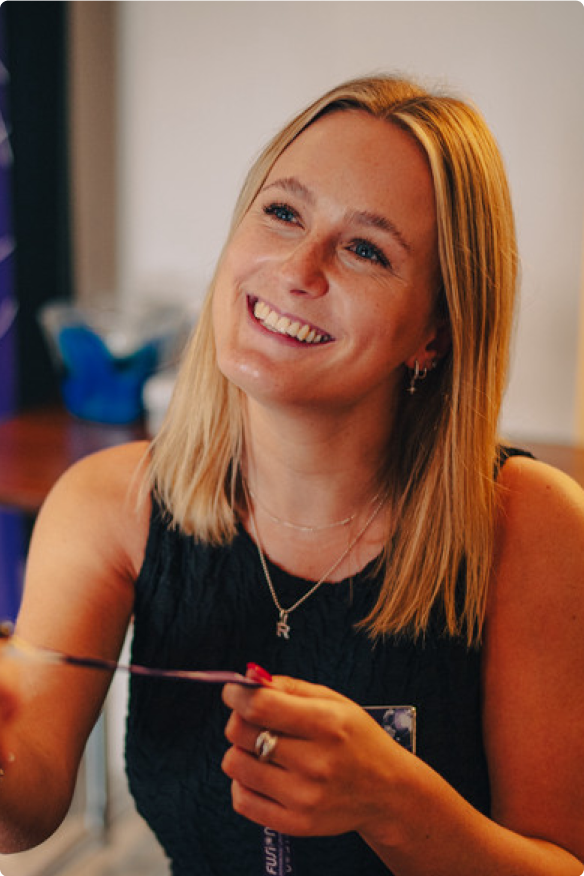
Need some help? Chat to the Fusion team today
As a family run business, our dedication runs deep. We’re committed to each other and, even more so, to every attendee’s experience, delivering a level of care and passion that’s truly unmatched.










